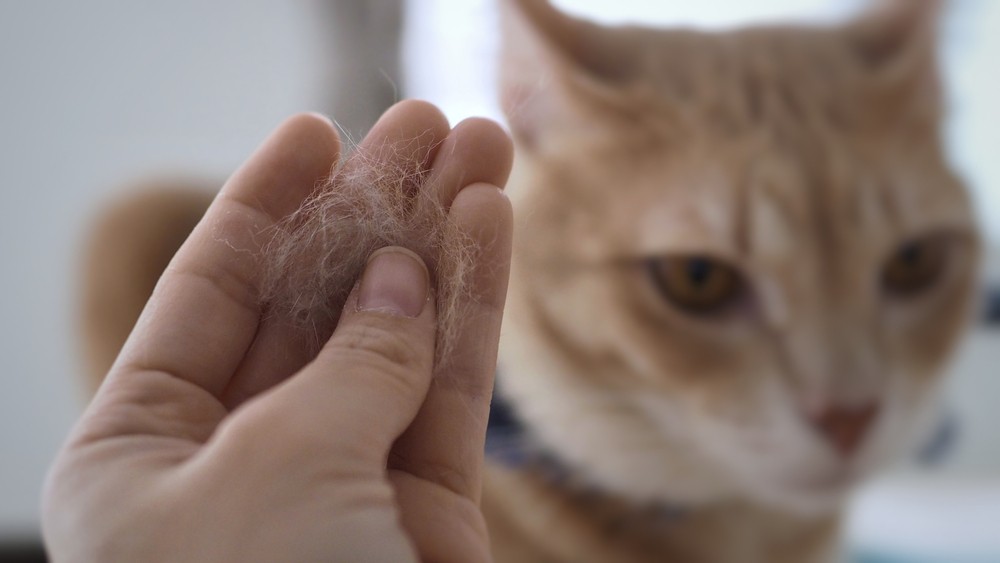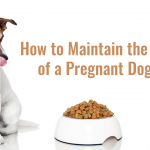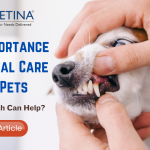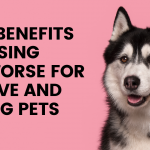There are times when no amount of money or time spent on your cat’s coat will make it shine. This may be the result of causes beyond our control. What your cat eats might have a surprising effect on its coat. You won’t have to invest a lot of time or money in your cat’s coat if you stick to these rules.
Homemade Solutions for Your Cat’s Coat
- Beer: The Universal Remedy
Beer has long been a staple in both human and animal hair care routines. Because the nutrients strengthen the hair’s foundation and improve the hair’s overall quality (making it easier to manage, more pliable, and shinier), this is true. In contrast, if you’re going to use beer on your cat, make sure it’s alcohol-free.
The amount of work required to put into practice is low: After bathing and rinsing your cat, use a sponge to apply a thin layer of lukewarm beer all over its body (excluding the face and genital areas). Apply beer all over your body and rub it in with your fingers.
After three minutes, give your cat a good rinsing with water to get rid of the alcohol. After towelling off your cat, you can then brush or comb its fur.
- Magic Eggs
Egg yolk or egg white can be used as a natural conditioner. Even though they both supply hair nutrition, they work better individually.
The yolk’s nutrition and stickiness can darken and brighten hair. Egg white is lighter, removes filth better, and bleaches hair to bring out its natural shine. Use the yolk for cats with short, black fur. White is fine for long, light-furred cats.
Mix the egg white or yolk with warm water. After a fast wash, apply the mixture with a sponge, avoiding the face and genitalia. Massage your cat’s skin and fur to boost its wellness.
After five minutes, rinse the cat to eliminate any egg mixture. After washing your cat, dry and brush it. You must get rid of all superfluous items.
- Delicious, Homemade Honey
Honey can also be used as a hair conditioner. Hair that has been properly cared for is healthy hair, and it gains sheen and strength from proper nutrition.
Use an electric whisk to combine half a litre of warm water and a tablespoon of honey. You can use this mask on your cat in the same manner you would use a mask prepared from egg yolks or egg whites.
Since honey is so sticky, you’ll want to give your cat a thorough bath afterwards. Extra sauce can be stored for up to a week in the refrigerator.
- Meat And Greasy Foods
These two things have direct effects on the condition and shine of a cat’s coat. Raw food diets can provide these nutrients since they are more easily retained. The skin is the largest organ in a cat, and it benefits from the protection provided by the hair. Coat health requires 25–30% of a cat’s total daily protein intake. Therefore, we suggest high-protein cat food for individuals who value the appearance of their cat’s coat.
Supplementing your cat’s diet with food containing fatty acids or other fish oils may help restore its lustre if its coat appears dull. Salmon is a terrific option as a fish to feed your cat. Fish like sardines, tuna, and other oily fish are beneficial for feline health as well.
Calibra Cat EN Hair Care 2kg is also an option. For adult cats with long hair, this complete dry food is ideal. For adult cats with long or semi-long hair, or for cats with coat quality issues, we recommend Calibra Cat Hair Care hypoallergenic dry food. Salmon meal and protein, rice, rice husk, poultry fat left intact with natural tocopherols, herring meal, hydrolysed chicken protein, and a whole lot more are all included.
- Coco Care and The Power of Oil
Organic coconut oil is a wonderful supplement to your cat’s diet. Your cat will benefit from using coconut oil, particularly organic coconut oil, on its skin and fur. In addition to being ingested, the oil can be applied topically to help them avoid irritation and dryness and to maintain a healthy sheen to their skin. The anti-inflammatory and anti-microbial characteristics of the chemical make it useful for treating skin inflammation and warding off parasite-borne diseases.
If you put some petroleum jelly on your cat’s paw, it will act as if it is calming itself. The jelly will be licked clean by your cat, which will help with digestion. This will make the elimination of waste easier on the cat by minimising the amount of hair that is left behind. At the very least, once every week, you should do this.
- Oily Olive and Amazing Pumpkin
The addition of olive oil to your cat’s diet will improve digestion and prevent hairballs without the use of chemicals. Add some olive oil to your cat’s food if you notice it is having problems vomiting hairballs. Never force oil into the mouth, as this could lead to inhalation instead. Allow your cat to lick it as much as it wants.
You should feel better after taking a spoonful of olive oil once a week. Oiling your cat from head to toe will help him digest better and result in less hair passing out in his stool. As a result, you should feel less discomfort in your stomach from hairballs. Mineral oil, saffron oil, and corn oil are just a few examples of valuable oils.
Did you know that a can of pumpkin might make it easier for your pet to pass through a door that is on the narrow side? Pumpkin’s high fibre content makes it an effective treatment for constipation and aid in avoiding the formation of hairballs. When cooking a pumpkin pie, use only pure pumpkin rather than pumpkin pie filling, which is full of sugar. Using pumpkin pie filling adds a lot of extra calories. Simply sprinkle one or two teaspoons on top of each of their meals.





